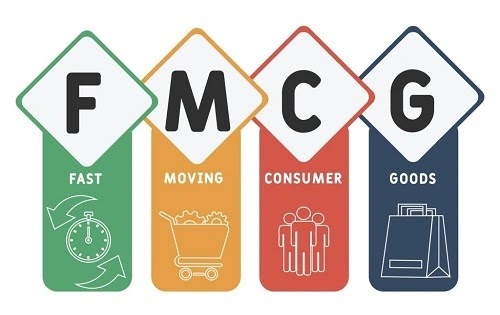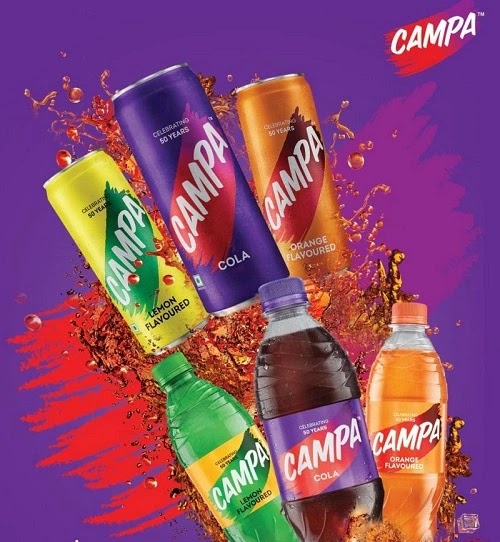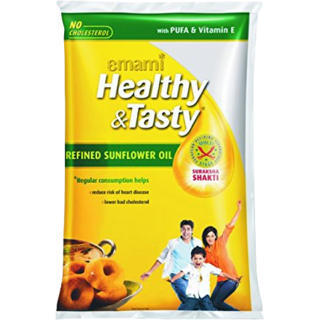FMCG Distributorship in 2024
What is FMCG?
FMCG stands for Fast-Moving Consumer Goods. These are consumer goods that are sold quickly and at a relatively low cost. FMCG products are often bought by consumers on a frequent basis, and they are typically products that are consumed or used up quickly, such as food, beverages, personal care products, and household items. Examples of FMCG products include soft drinks, snack foods, toiletries, cleaning products, and over-the-counter medicines.
FMCG companies typically operate with high-volume sales and low-profit margins, as they rely on a large number of sales to generate profits. They often employ marketing and advertising strategies to promote their products and increase brand awareness, as brand loyalty can be a major factor in consumer purchasing decisions within this industry.
FMCG products are sold in many different types of retail environments, such as supermarkets, convenience stores, and online retailers. They are also sold through various distribution channels, such as wholesalers, retailers, and direct-to-consumer channels.
What is FMCG distributorship?
FMCG distributorship refers to the process of distributing fast-moving consumer goods (FMCG) from manufacturers to retailers, wholesalers, and other end-users. FMCG distributors are the intermediaries between the manufacturers of FMCG products and the end-users who purchase and consume these products.
FMCG distributors typically operate as a part of a distribution network that includes manufacturers, distributors, wholesalers, and retailers. These distributors purchase FMCG products in bulk from manufacturers and then distribute them to retailers and other end-users. They may also provide marketing and sales support to manufacturers, such as market research, advertising, and product promotions.
FMCG distributorship can be a profitable business opportunity for entrepreneurs who have experience in sales and distribution. To become an FMCG distributor, one needs to have a good understanding of the market, distribution channels, and the products being sold. FMCG companies often look for distributors who have a strong distribution network and can reach a large number of customers.
In many cases, FMCG companies provide training and support to their distributors to help them build their businesses and increase sales. FMCG distributorship can be a challenging but rewarding business opportunity, as it offers the potential to earn a good income while working with popular and well-known brands.
How do i become a FMCG distributor?
Becoming an FMCG distributor requires planning, preparation, and some basic business skills. Here are some steps you can take to become an FMCG distributor:
- Choose the type of FMCG product: Decide which type of FMCG products you want to distribute. It is best to choose a product that has high demand and that you are familiar with.
- Conduct market research: Research the market and analyze the competition. Determine which products are in demand in your area and identify potential customers, retailers, and wholesalers.
- Create a business plan: Develop a business plan that includes your budget, projected expenses, and revenue goals. Determine your pricing strategy, marketing plan, and sales strategy.
- Obtain necessary licenses and permits: Obtain any necessary licenses and permits required by your local government to operate as a distributor.
- Identify potential suppliers: Contact FMCG manufacturers and wholesalers and discuss the possibility of becoming a distributor for their products.
- Develop a distribution network: Build a network of retailers, wholesalers, and end-users who will buy your products. Develop relationships with potential customers and retailers to create a reliable distribution network.
- Launch your business: Once you have all the necessary components in place, launch your FMCG distribution business. Start promoting your products, building relationships with customers, and fulfilling orders.
It is important to note that becoming an FMCG distributor can be a challenging and competitive business. It may take time to build your network and establish a profitable business. However, with hard work, determination, and the right strategy, you can become a successful FMCG distributor.
Is FMCG distributorship profitable?
FMCG distributorship can be a profitable business if managed properly. However, the profitability of an FMCG distribution business depends on several factors such as the product line, distribution channels, pricing, competition, and marketing strategies. Here are some factors that can influence the profitability of an FMCG distributorship:
- High volume sales: FMCG products are typically sold in high volumes, which means that distributors can generate revenue from large quantities of sales.
- Low profit margins: FMCG products often have low profit margins, which means that distributors need to sell a high volume of products to make a profit.
- Competition: The FMCG market is highly competitive, with many distributors vying for the same customers. Distributors need to differentiate themselves from the competition to attract and retain customers.
- Efficient distribution network: An efficient distribution network can help reduce costs and increase profits. Distributors need to have a reliable and efficient distribution network that can reach a large number of customers.
- Marketing strategies: Effective marketing strategies can help increase brand awareness and attract more customers. Distributors need to have a good understanding of their target market and develop marketing strategies that resonate with their customers.
- Pricing strategy: Pricing plays a key role in the profitability of an FMCG distribution business. Distributors need to set prices that are competitive yet profitable.
In conclusion, FMCG distributorship can be a profitable business if managed properly. It requires a strong understanding of the market, distribution channels, and the products being sold, along with effective marketing strategies and an efficient distribution network. With the right strategy, an FMCG distribution business can be a lucrative opportunity for entrepreneurs.
How much do FMCG distributors earn?
The earnings of an FMCG distributor can vary widely depending on a variety of factors such as the size and scale of the distribution business, the types of products being sold, the target market, the distribution channels, and the competition. Some FMCG distributors may earn a modest income, while others may earn a substantial amount of money.
According to industry sources, an FMCG distributor can earn a profit margin of around 5% to 10% of the total revenue generated from the sale of products. For example, if an FMCG distributor sells products worth $100,000, the profit margin could be between $5,000 and $10,000.
However, it's important to note that the profit margin can vary depending on the product category. Some product categories such as personal care and household items may have a lower profit margin compared to food and beverages.
Moreover, the earnings of an FMCG distributor can also depend on their ability to manage costs, build a strong distribution network, and market their products effectively. Some FMCG distributors may earn more than others by building a strong brand and developing a loyal customer base.
In conclusion, the earnings of an FMCG distributor can vary depending on a variety of factors, and there is no fixed amount that applies to all FMCG distributors. However, with the right strategy and approach, an FMCG distribution business can be a profitable opportunity for entrepreneurs.
What is the margin of FMCG distributors?
The margin of FMCG (Fast Moving Consumer Goods) distributors can vary depending on various factors, such as the type of product, distribution channels, target market, competition, and operational costs. In general, the profit margin for FMCG distributors is typically between 5% and 20% of the total sales revenue.
However, the margin may vary based on the product category. Some FMCG products categories such as personal care and household items may have a lower profit margin compared to food and beverages. Moreover, the margin may also depend on the distributor's operational efficiency, ability to negotiate with suppliers, and sales volume.
To calculate the margin of FMCG distributors, the cost of goods sold (COGS) is subtracted from the selling price, and the difference is the gross profit. Then, the gross profit is divided by the selling price to get the gross profit margin. The gross profit margin is the percentage of the selling price that represents the profit earned by the distributor.
In conclusion, the margin of FMCG distributors varies depending on various factors, and there is no fixed margin that applies to all distributors. However, a typical margin is between 5% and 20% of the total sales revenue, and it may vary based on the product category and the distributor's operational efficiency.
Still looking for Top FMCG Distributorship Opportunities in your area? Inquire Below! We can help you to find top brands.
Hi, If you need any help on how to find top brand Distributorship, Super stockist, and C&F agent business opportunities, then inquire below and arrange a free callback.















